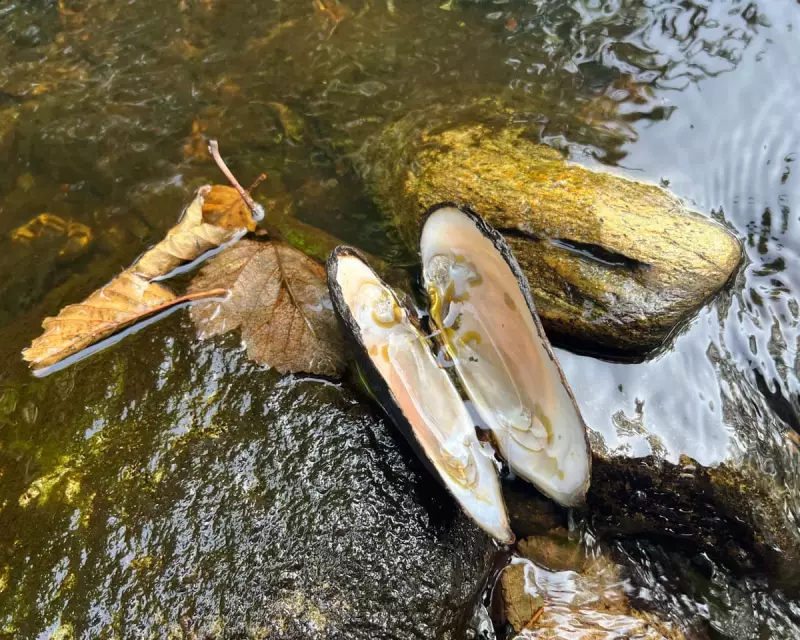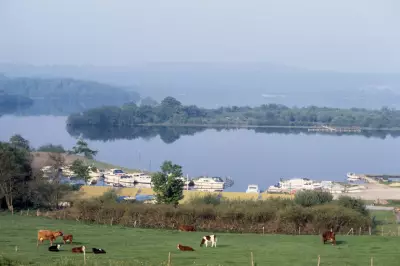
Beneath the shimmering surface of Britain's waterways, a silent, ancient partnership is staging a fragile comeback. The unlikely duo of the freshwater mussel and the Atlantic salmon is writing a new chapter in the nation's conservation story, a testament to nature's resilience when given a chance.
For decades, these mussels, some living for over a century, faced a silent extinction. Their survival is intricately, almost magically, tied to the salmon. The mussels' larval stage, known as glochidia, must hitch a ride on the gills of a salmon or sea trout to develop. Without these fish hosts, the entire lifecycle grinds to a halt.
The Delicate Dance of Survival
This biological interdependence creates a breathtakingly delicate harmony. As salmon numbers dwindled due to pollution, habitat loss, and man-made barriers like weirs, the mussel populations inevitably crashed towards oblivion. Their decline served as a stark canary in the coal mine for the overall health of the river ecosystem.
However, recent efforts to restore river health are yielding spectacular results. Improved water quality and targeted conservation projects are allowing salmon to once again navigate their ancestral spawning grounds. And where the salmon go, life follows.
A Glimmer of Hope Beneath the Water
The return of these keystone species signals a healthier, more balanced environment. Mussels act as nature's water filtration plants, each individual cleaning gallons of water every day, removing algae and silt. This cleansing action benefits the entire aquatic community, creating clearer, cleaner water that supports more insect life and, in turn, more fish.
Yet, this harmony remains precariously fragile. The story is one of cautious optimism. While their numbers are improving, both species face an uphill battle against climate change, agricultural runoff, and plastic pollution. Their continued recovery is not guaranteed, but a powerful symbol of what dedicated conservation can achieve.
Witnessing this slow, steady return of nature's rhythm to British rivers is a powerful reminder of the complex, hidden connections that sustain our natural world. It underscores the profound importance of holistic conservation—protecting not just a single species, but the entire symphony of life it supports.





